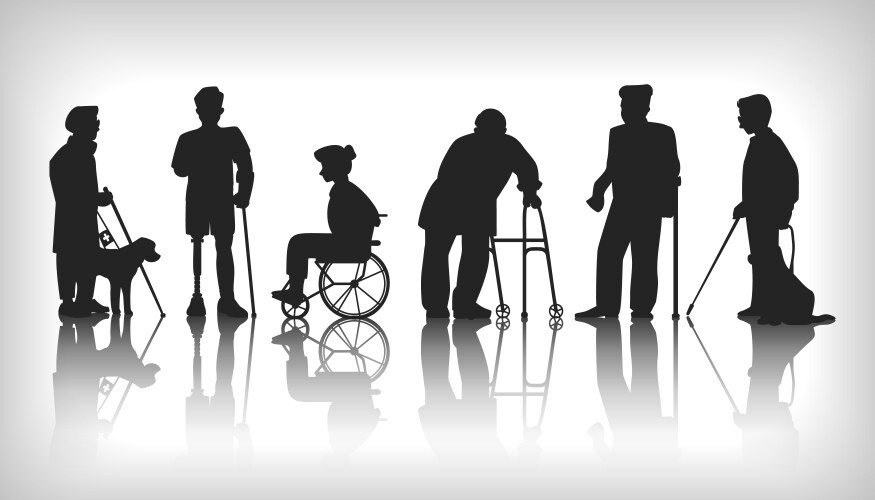Setting guidelines for how people with disabilities (PwDs) should be portrayed in visual media, the Supreme Court announced on Monday. In the case of Nipun Malhotra versus Sony Pictures Films India Pvt Ltd.
In response to a plea noting derogatory remarks made about persons with disabilities in the film Aankh Micholi, a bench consisting of Chief Justice of India (CJI) DY Chandrachud and Justice JB Pardiwala was considering the case. The movie’s gags were mentioned, and it was emphasized how humor can either elevate or diminish those with disabilities.
Comedic relief has been provided by jokes about the disabled. In light of the new social paradigm, this understanding is no longer valid. Due to insufficient coverage of people with disabilities in the mainstream media, there is a lack of familiarity. The Court stated, “We have to distinguish between two types of humor: humor that improves awareness of the disabled and humor that denigrates them.
The following rules were established by the Court in its ruling today:
1. Stay away from terms like “crippled,” etc. that promote institutional prejudice and a negative self-image.
2. Keep your words from trivializing the societal obstacles that people with impairments must overcome.
3. To stop prejudice from growing, make sure authors confirm that they have sufficient medical information about a disability, such night blindness.
4. The idea that people with disabilities have improved sensory capabilities is one example of a myth or stereotype that shouldn’t form the foundation of portrayals because it isn’t true for everyone.
5. Considering that there can be no decision about us without us, decisions should be made with equal participation in mind.
The Court also made reference to the Convention on the Rights of Persons with Disabilities, which includes provisions for ensuring truthful portrayals following consultation with advocacy groups for the rights of those with disabilities, as well as training and sensitization initiatives.
In March, the Central government was contacted by the Supreme Court to respond to their case. Advocate Nipun Malhotra for disability rights filed the petition, claiming that the movie and its teaser included disparaging remarks about people with disabilities.
The Delhi High Court rejected Malhotra’s appeal, holding that restrictions shouldn’t be overly severe, and the case made its way to the Supreme Court.
India was at that time one of the few nations with pre-existing censorship legislation, according to the High Court’s observation.
Advocacy Jai Anant Dehadrai and Pulkit Agarwal, together with Senior Advocate Sanjoy Ghose, represented Malhotra.
At the Central Board of Film Certification (CBFC), Solicitor General Tushar Mehta made an appearance.
Promoters Gowree Gokhale, Alipak Banerjee, Tanisha Khanna, Karishma Karthik from Nishith Desai Associates, and Salvador Santosh Rebello, Advocate-on-Record (AoR), appeared for Sony Pictures India, the movie’s producers, in addition to senior advocates Parag Tripathi and Ritin Rai.



